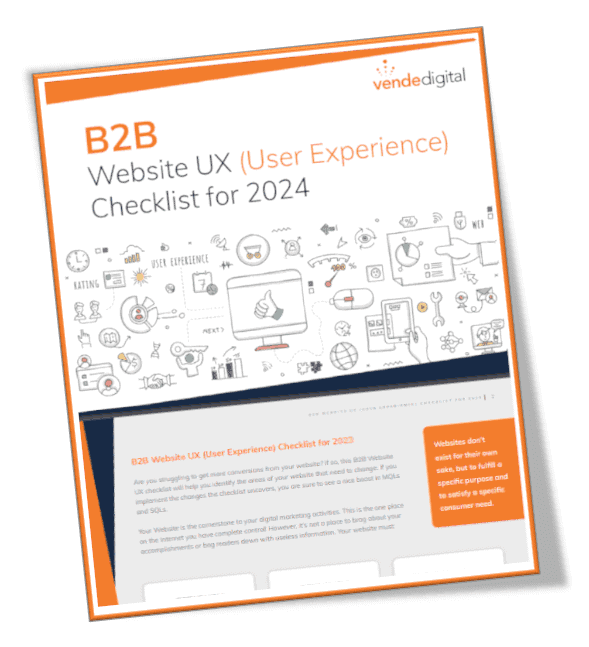Facebook is shutting down an advertising product that allowed marketers to tap into data from third party sources to target them on the platform. The company is ending a feature called Partner Categories that they originally launched in 2013. The feature had been a partnership between Facebook and major data brokers. This feature relied heavily on consumer data from third-party companies. In the wake of the Cambridge Analytica leak and GDPR changes, Facebook is making the permanent decision to shut down the feature over the next few months. See how security concerns and GDPR compliance are influencing Facebook ad changes.
Facebook ad changes introduced after GDPR, Cambridge Analytica
Facebook User Privacy
Facebook has stated that they believe their changes will help improve people’s privacy on Facebook. Previously the program had allowed specific targeting of audiences using offline data about them in the U.S., Brazil, France, Germany, the U.K., Australia, and Japan.
In order to leverage the deep pool of data Facebook collects on users, the platform had mixed that information with information from advertisers, along with the data obtained from third-party providers. While Facebook felt comfortable with the integrity of the data sourcing they collect and the data from advertisers, they weren’t as comfortable with the aggregate pools of third-party data.
These data providers have some of the deepest insights into consumer behavior across the world. Insights include information on what people buy, where they shop, what kind of cars they drive, their health profiles, incomes, and family makeup. This kind of data and these third-party data providers have become integral to the digital ad ecosystem. Facebook’s decision to end the feature comes at a time when they have been facing a lot of scrutiny over their mishandling of third-party data as well as new GDPR regulations.
Targeting Options
For advertisers, Partner Categories were part of the targeting options within the Facebook ad platform that could help define the audience for an advertiser. They would also show how many people could be reached within specific target groups.
Some advertisers, like those that sell consumer goods, are particularly reliant on this type of third-party data. These advertisers don’t have direct lines to collect consumer data when most of the purchases of their products happen at stores they don’t own. Third-party data companies can provide them with the valuable consumer insights that they need.
While Facebook is phasing out Partner Categories, they will still work with companies like Experian and Acxiom in order to measure ad performance and provide metrics. Third-party data providers will continue to help analyze data like sales impact and brand sentiment. However, you should expect Facebook to be conducting a review of those ongoing relationships. Another option for Facebook might be to move toward sharing data in a shared server environment. This option could offer further assurances of user privacy.
The Future of Data Collection
Even with the end of Partner Categories, and a shift from third-party data collectors, Facebook will still collect data from its users that they supply to the service. This data will still include status updates, likes, birthdays and work history. Facebook makes money by selling ads that target specific demographic groups, such as men between 18-24 who play video games or women who live in Dallas. The plan to phase out the third-party data providers will not impact Custom Audiences, as these are targeting lists based on data owned by the advertiser.
The data troubles brought to light by Cambridge Analytica struck Facebook at the heart of its business. Their main value had become the data machine it built, the machine that promised to understand its 2 billion users and target ads in a new and unprecedented way. Now Facebook is forced to reposition their business, emphasizing the vast reach of their platform rather than deep data insights.
At the same time that Facebook is phasing out third-party targeting their rivals, like Snapchat and Twitter, employ similar tools. With the scrutiny Facebook has faced, will their rivals face a similar fate? Rather than seeing data deficiency as a negative, the company is trying to spin it into a positive. Facebook has stated that they see this as “an opportunity to lead in the conversation around how consumer data is protected.”
Security concerns and GDPR compliance have greatly influenced recent Facebook ad changes. The end of third-party data providers is drastically changing the Facebook advertising landscape and has required Facebook to reposition their business, as they work to emphasize their reach rather than data insights. The question now stands, will Facebook be able to turn their data deficiency into an advantage for users and advertisers?
Sign up for a free website analysis

